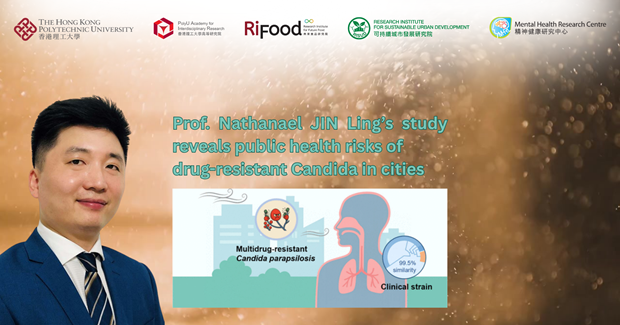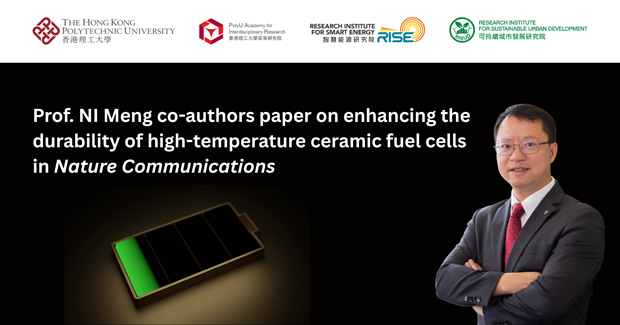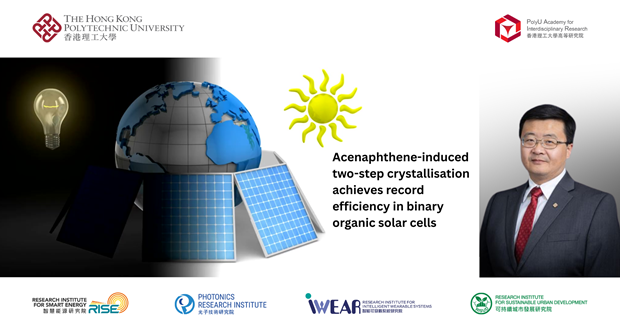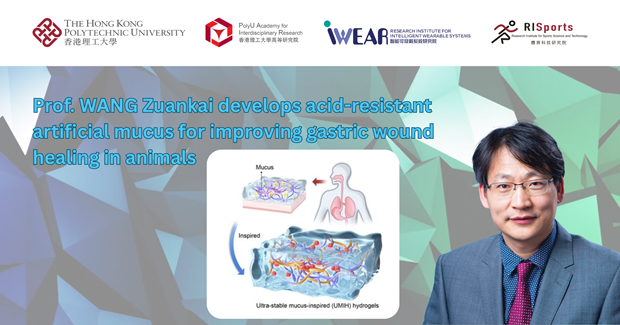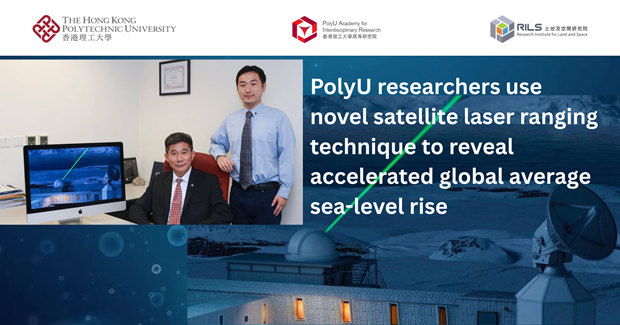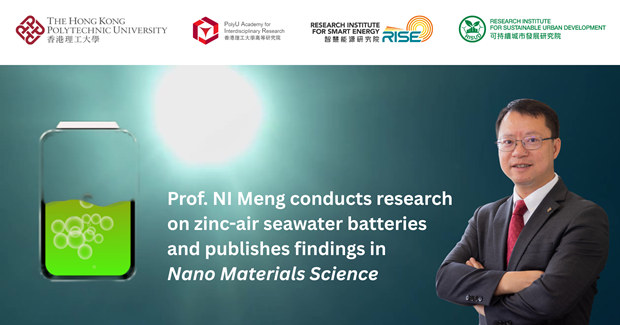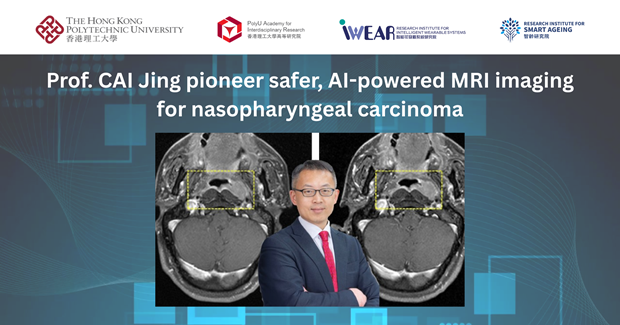Prof. Nathanael JIN Ling, Member of the Research Institute for Future Food (RiFood), the Research Institute for Sustainable Urban Development (RISUD) and the Mental Health Research Centre (MHRC), and Assistant Professor in the Department of Civil and Environmental Engineering and the Department of Health Technology and Informatics, has recently published an invited review paper in One Earth by Cell Press, examining the planetary health impacts of the airborne plastisphere.
Microplastics are a ubiquitous yet long-overlooked component of airborne particulate matter. The surface of these plastic particles provides a unique niche for microorganisms, collectively referred to as the plastisphere. In aquatic and terrestrial ecosystems, the plastisphere harbours microbial communities with distinct compositions, structures and functional profiles, posing potential risks to planetary health. However, the characteristics, fate and impacts of the microbiome associated with airborne microplastics remain largely unknown.
In this review, the team addressed these knowledge gaps by exploring how airborne microplastics serve as key habitats for microorganisms and the potential implications for planetary health. They demonstrated that microplastics are likely to transport and sustain microorganisms over long distances and timescales in the atmosphere, potentially dispersing pathogens, antibiotic resistance genes and other bioactive agents across ecosystems. Such interactions may disrupt ecological processes and biological health on a planetary scale. Prof. JIN emphasised that interdisciplinary research and innovative methodologies are urgently required to better understand and mitigate the risks associated with the airborne plastisphere.
Read the full paper: https://www.cell.com/one-earth/fulltext/S2590-3322%2825%2900272-6| Research Units | Research Institute for Future Food | Research Institute for Sustainable Urban Development | Mental Health Research Centre |
|---|
You may also like






